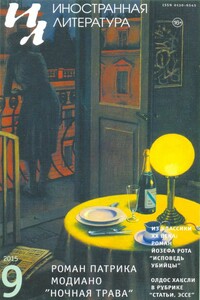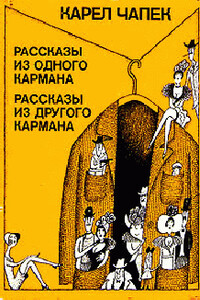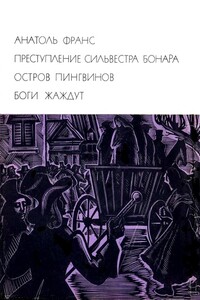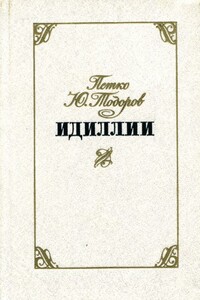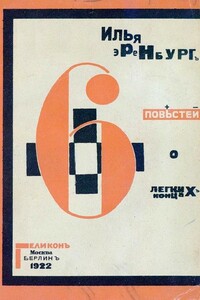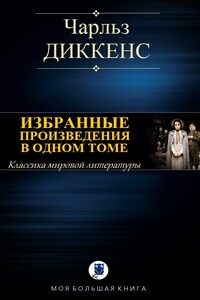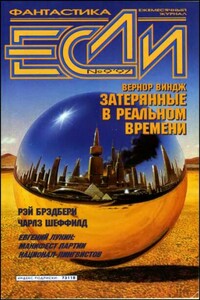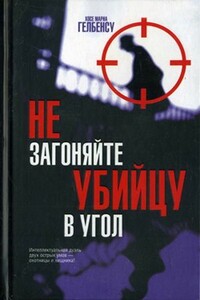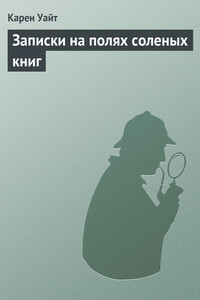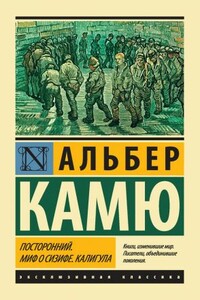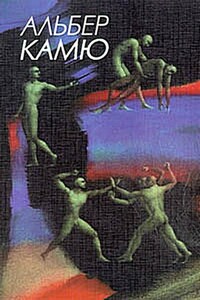| Albert Camus | Альбер Камю |
| The Plague | Чума |
| PART ONE | Часть первая |
| The unusual events described in this chronicle occurred in 194- at Oran. | Любопытные события, послужившие сюжетом этой хроники, произошли в Оране в 194... году. |
| Everyone agreed that considering their somewhat extraordinary character, they were out of place there. For its ordinariness is what strikes one first about the town of Oran, which is merely a large French port on the Algerian coast, headquarters of the prefect of a French department. | По общему мнению, они, эти события, были просто неуместны в данном городе, ибо некоторым образом выходили за рамки обычного. И в самом деле, на первый взгляд Оран - обычный город, типичная французская префектура на алжирском берегу. |
| The town itself, let us admit, is ugly. | Надо признать, что город как таковой достаточно уродлив. |
| It has a smug, placid air and you need time to discover what it is that makes it different from so many business centers in other parts of the world. | И не сразу, а лишь по прошествии известного времени замечаешь под этой мирной оболочкой то, что отличает Оран от сотни других торговых городов, расположенных под всеми широтами. |
| How to conjure up a picture, for instance, of a town without pigeons, without any trees or gardens, where you never hear the beat of wings or the rustle of leaves-a thoroughly negative place, in short? | Ну как, скажите, дать вам представление о городе без голубей, без деревьев и без садов, где не услышишь ни хлопанья крыльев, ни шелеста листвы, - словом, без особых примет. |
| The seasons are discriminated only in the sky. | О смене времени года говорит только небо. |
| All that tells you of spring's coming is the feel of the air, or the baskets of flowers brought in from the suburbs by peddlers; it's a spring cried in the marketplaces. | Весна извещает о своем приходе лишь новым качеством воздуха и количеством цветов, которые в корзинах привозят из пригородов розничные торговцы, - короче, весна, продающаяся вразнос. |
| During the summer the sun bakes the houses bone-dry, sprinkles our walls with grayish dust, and you have no option but to survive those days of fire indoors, behind closed shutters. | Летом солнце сжигает и без того прокаленные дома и покрывает стены сероватым пеплом; тогда жить можно лишь в тени наглухо закрытых ставен. |
| In autumn, on the other hand, we have deluges of mud. | Зато осень - это потопы грязи. |
| Only winter brings really pleasant weather. | Погожие дни наступают только зимой. |
| Perhaps the easiest way of making a town's acquaintance is to ascertain how the people in it work, how they love, and how they die. | Самый удобный способ познакомиться с городом - это попытаться узнать, как здесь работают, как здесь любят и как здесь умирают. |
| In our little town (is this, one wonders, an effect of the climate?) all three are done on much the same lines, with the same feverish yet casual air. | В нашем городке - возможно, таково действие климата - все это слишком тесно переплетено и делается все с тем же лихорадочно-отсутствующим видом. |
| The truth is that everyone is bored, and devotes himself to cultivating habits. | Это значит, что здесь скучают и стараются обзавестись привычками. |
| Our citizens word hard, but solely with the object of getting rich. | Наши обыватели работают много, но лишь ради того, чтобы разбогатеть. |

